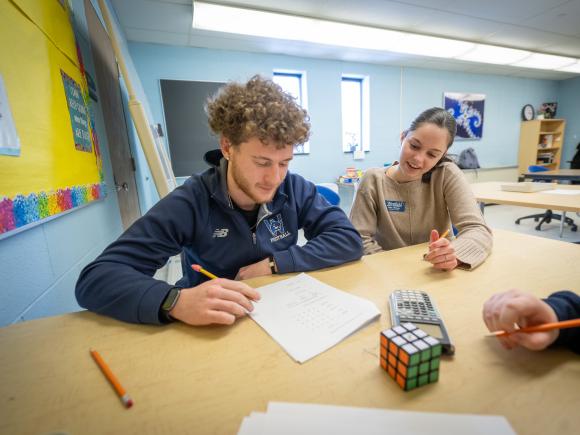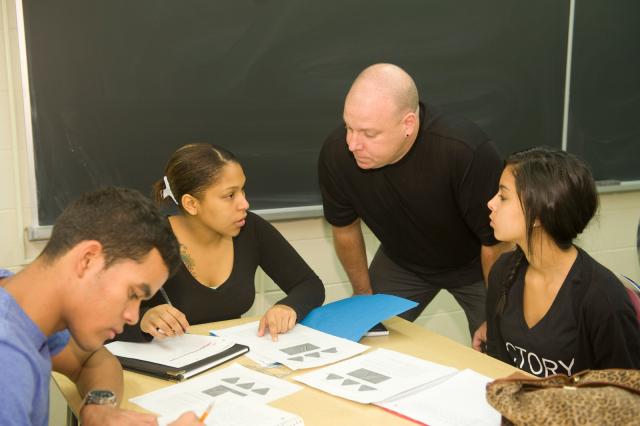
If you’re passionate about mathematics and driven to teach, Westfield State University’s B.A. in Mathematics with Teacher of Mathematics Licensure (8–12) offers the ideal combination of deep mathematical learning and real-world teaching experience. This program is designed for students who want to become licensed high school math teachers in Massachusetts, blending a strong foundation in theory and problem-solving with targeted education coursework.
You’ll complete a full mathematics major—including courses such as Calculus, Linear Algebra, Abstract Algebra, Number Theory, and Mathematical Statistics—alongside field-based education classes focused on adolescent development, special education, and teaching strategies. A hands-on practicum in a local school and licensure preparation ensure you’re classroom-ready by graduation.
With national accreditation and approval from the Massachusetts Department of Elementary and Secondary Education, our program prepares you to become a confident, qualified, and impactful math educator.










